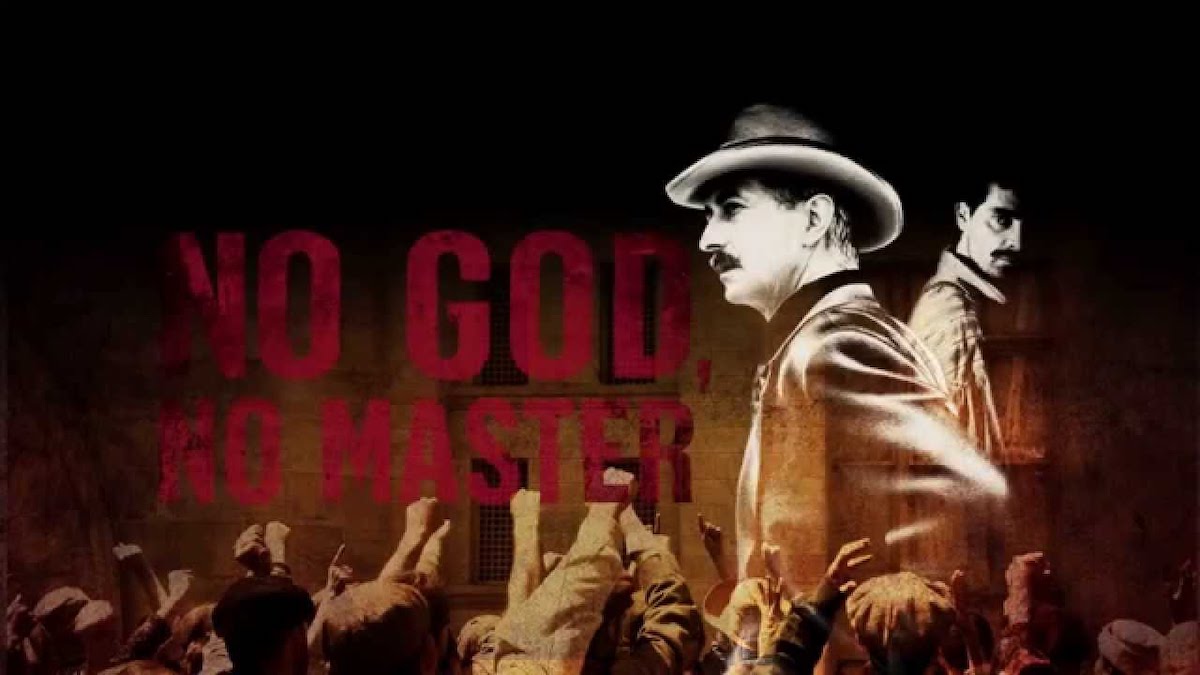
Great history and plenty of bombs and explosions but lacking the glitz to be a great crime thriller
Taking place in the fiery hot summer of 1919, this story unfolds amidst the tense urban strife of the biggest Italian immigration in US history. Between 1880 and 1920, more than 4 million Italians came to America. Many Italian-Americans fought and died for their adopted country in World War I. In spite of that they were persecuted by nearly every other socio-economic class that had come to the USA before them. After the first world war, Italian-Americans were forced to fight for jobs and fight for the right to unionize. This was an uphill battle all the way, as the cards were stacked heavily in favor of the corporate tycoons who controlled not only the factory towns, but many of the politicians and law enforcement organizations of the time.
Two famous Italian-Americans of that time were Bartolomeo Vanzetti and Nicola Sacco, self-described anarchists. The two were tried and sentenced to death in1921 in what is believed to have been a sham trial. In 1977, Massachusetts Governor Dukakis issued a proclamation that they had been unfairly convicted and that “any disgrace should be forever removed from their names.” The case is still officially open. This film revolves around the story of these two men, Secret Service agent Flynn, Attorney General Mitchell A. Palmer and then ambitious up and coming anti-communist crime fighter J. Edgar Hoover.
Seasoned veteran agent William Flynn (David Strathairn) and young agent Eugenio Ravarini (Sam Witwer) are buddy cops in this pre-FBI conspiracy thriller. Flynn is a hard-boiled Secret Services agent more used to investigating interstate human trafficking, gambling and smuggling than labor and political unrest. Nonetheless, he knows a stinky deal when he sees one, and he sees this coming right from the start.
It is in this vein that this film succeeds in elevating Agent Flynn to hero status and condemning itself to failure at the same time. It cannot make up its mind if it wants to be a gangster thriller like the “Untouchables” or if it wants to be a documentary on the Sacco and Vanzetti debacle. Strathairn does not help. He simply cannot command the edginess, nastiness and just plain psychosis required to fill the shoes of the cinematic hero/villain. As his younger partner, Sam Witwer does a better job. He has the tense, slightly twisted facial features of a young Ray Liotta. With experience and some coaching, he might even move on to the Christopher Walken level.
At the bottom of the mess is opportunistic Attorney General A. Mitchell Palmer. Palmer has teamed up with the even more opportunistic J. Edgar Hoover. Both are bound and determined to make America safe for Americans, even if they have to deport every last American on the continent. In one of the film’s historically accurate references, they are barely prevented from the mass deportation of some ten thousand persons they had arbitrarily declared as having seditious intent. So the story goes, Agent Flynn was one of the few people who stood his ground and stopped this travesty of justice from taking place.
Unfortunately, the high point of the film is not Strathairn and Witwer playing the good guys, but Ray Wise playing borderline insane Attorney General Palmer. Wise reaches back into the creepiest of his past parts and resurrects the wonderful “Twin Peaks” TV Series character Leland Palmer. Yup, both parts have the surname Palmer. Go figure.
The Palmer persona fits right into the mindset of the semi-demented attorney general. AG Palmer thinks wrecking the lives of thousands of people is justified as long as it fights communism. Of course, if it ingratiates him with the likes of John Rockefeller and J.P. Morgan all the better. Then, as now, money is the best grease for the skids of promotion.
In the end, there are wins and there are losses for the redoubtable Agent Flynn. Thanks to his selfless efforts the mass deportation is stopped by the director of the Department of Labor. Not only does this save the futures of thousands of Americans, it sets a precedent that stands to this day. Righteous stuff, but not enough to bail out the screenplay from too many, too hackneyed, plot tools brought to bear by that time. The weak acting by Strathairn, lack of edginess and watery screenplay cannot sustain the momentum that is gained by the yeasty period and the violence of the time.
In another of the references to true historical episodes, Agent Flynn was given a desk job in Washington DC, to get him out of the way of the political bigwigs and corporate manipulators. He resurfaced when asked to head the fledgling Bureau of Investigation. In 1919, he became the first Director of the BIO, which was renamed the Federal Bureau of Investigation in 1935, in the middle of the nearly fifty-year domination of the agency by J. Edgar hoover.